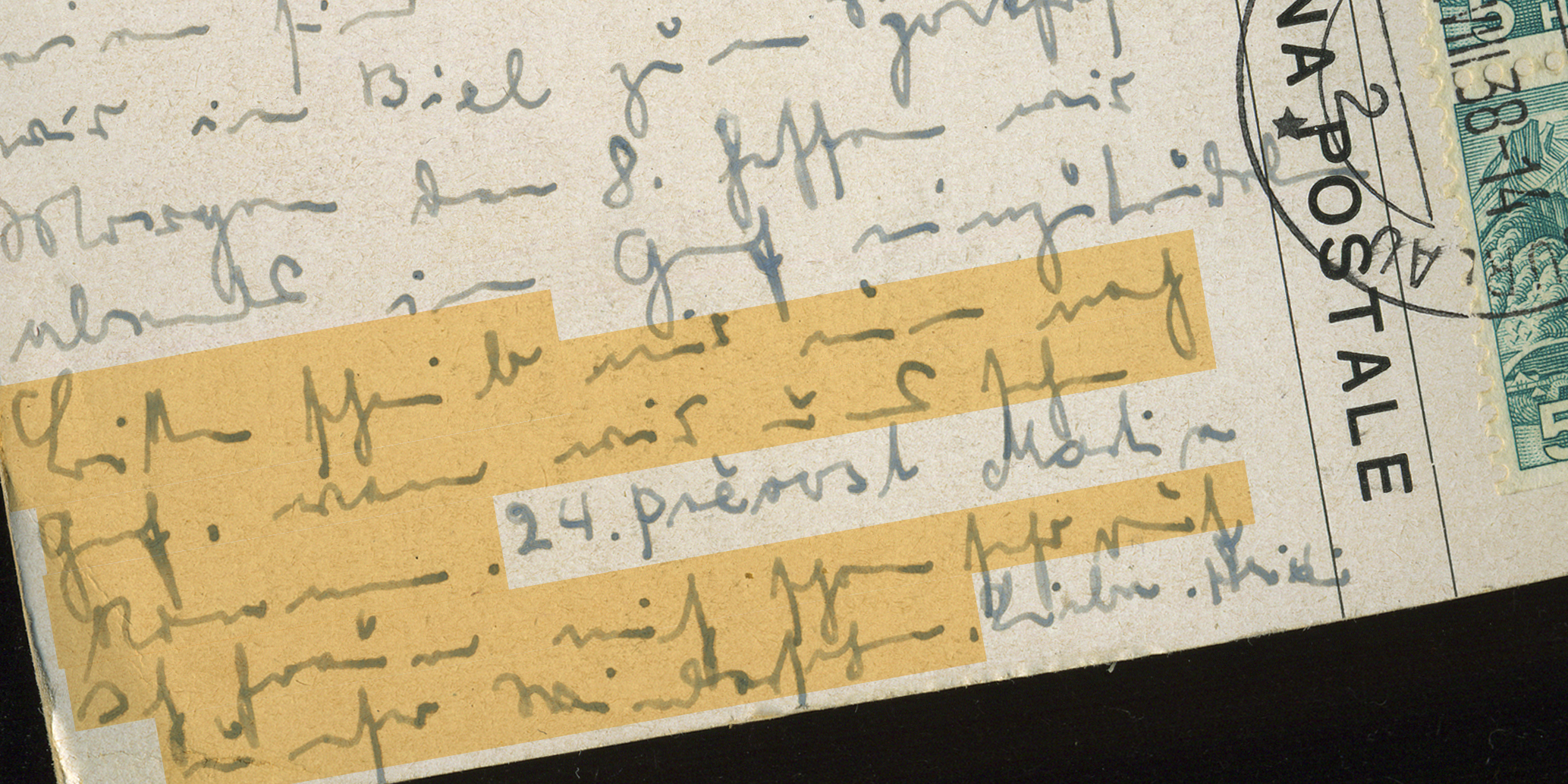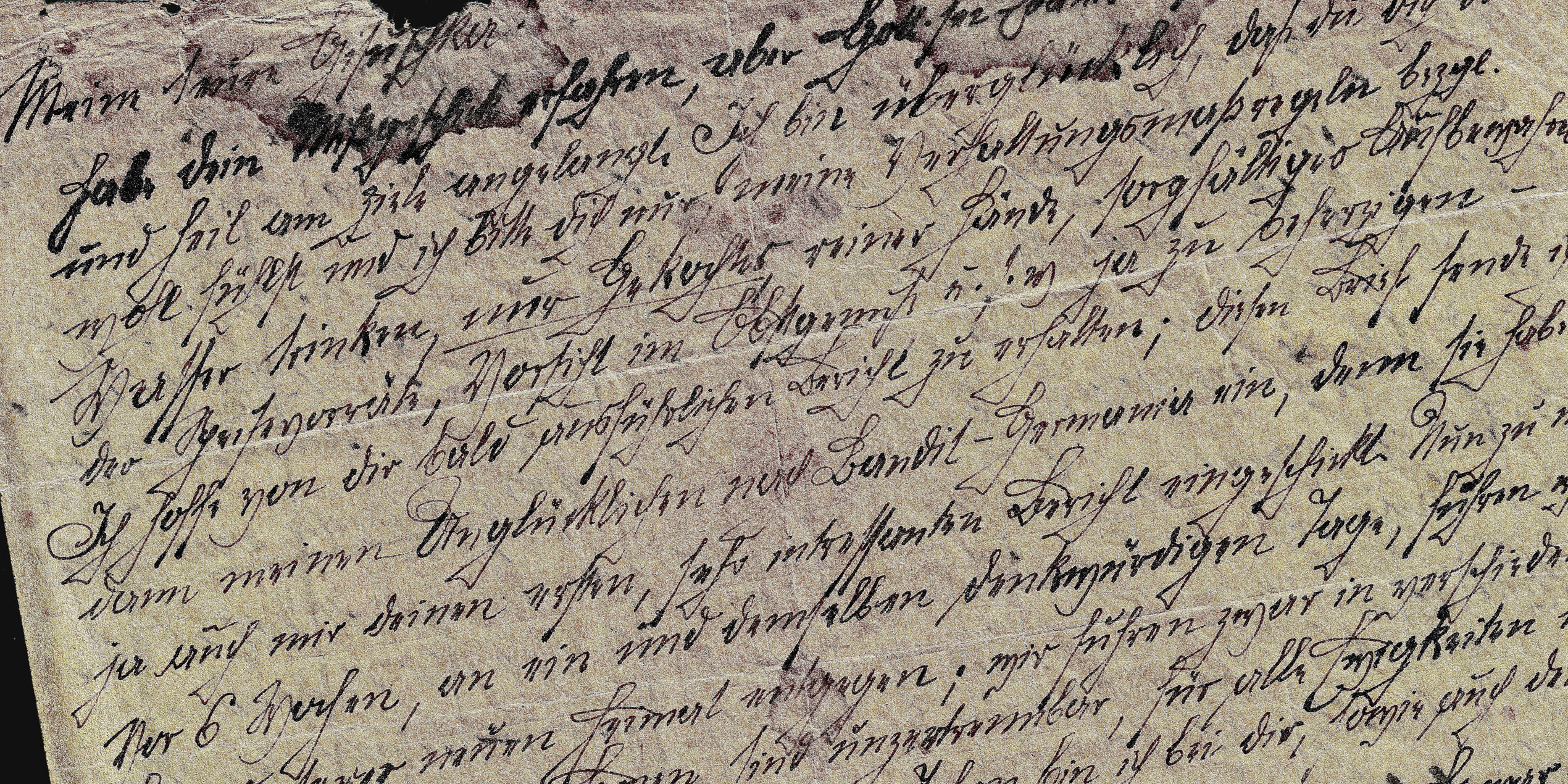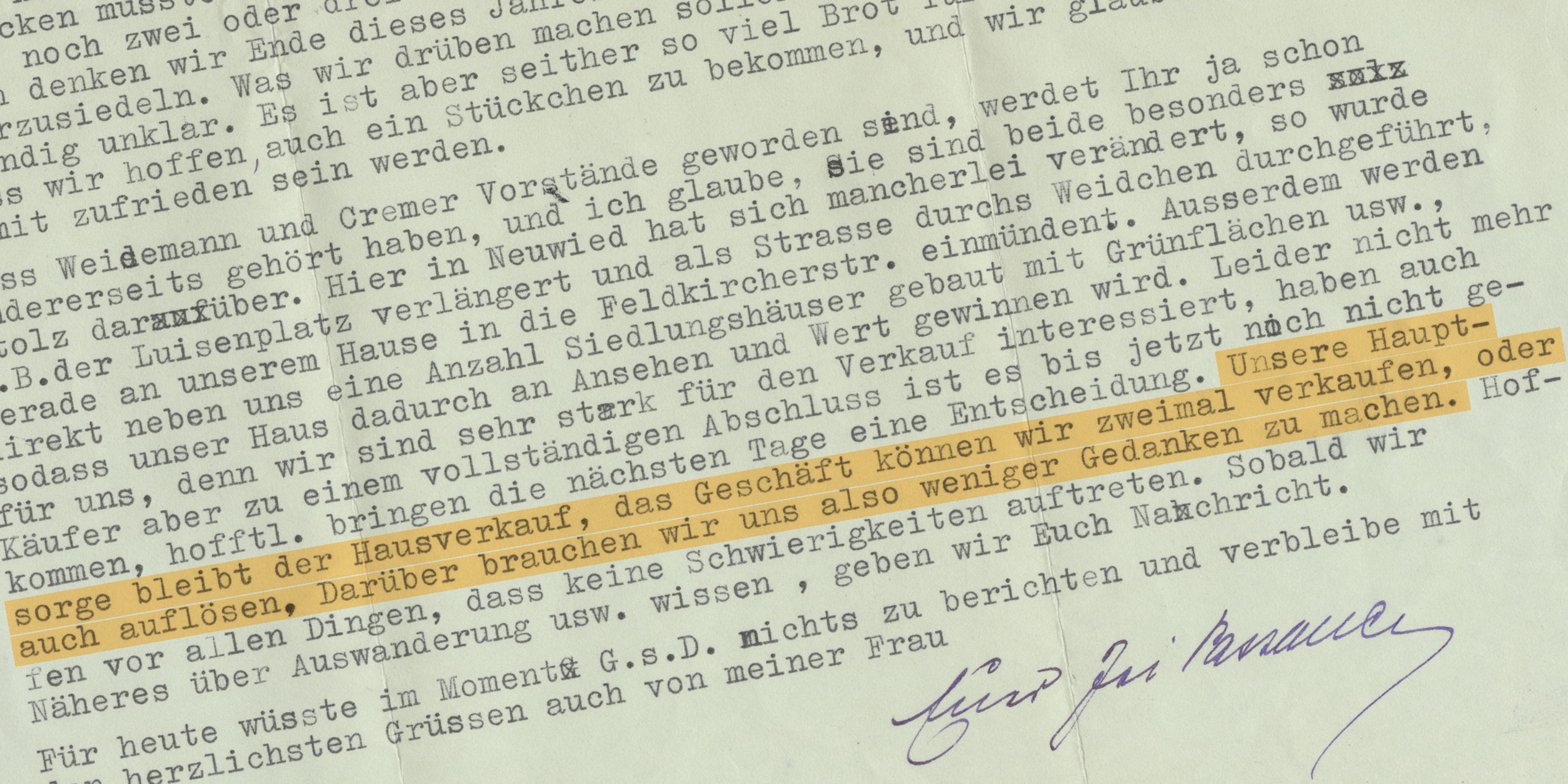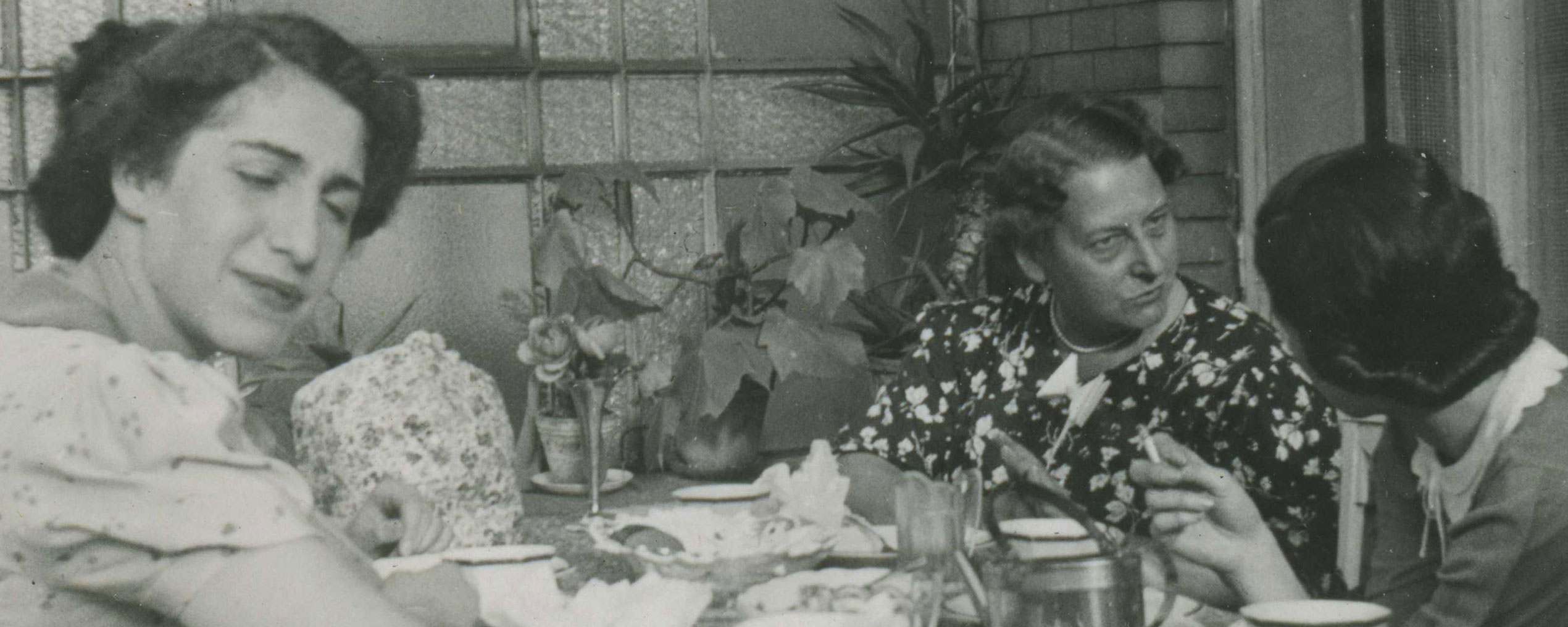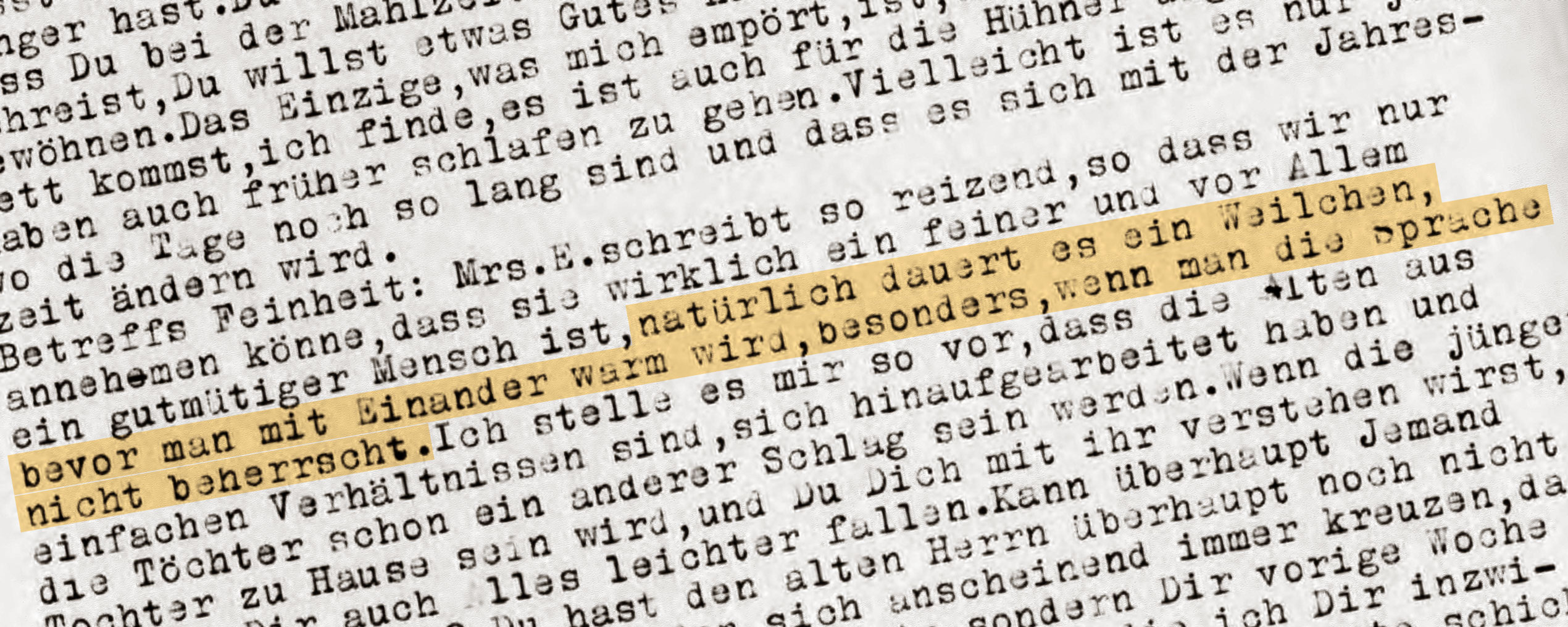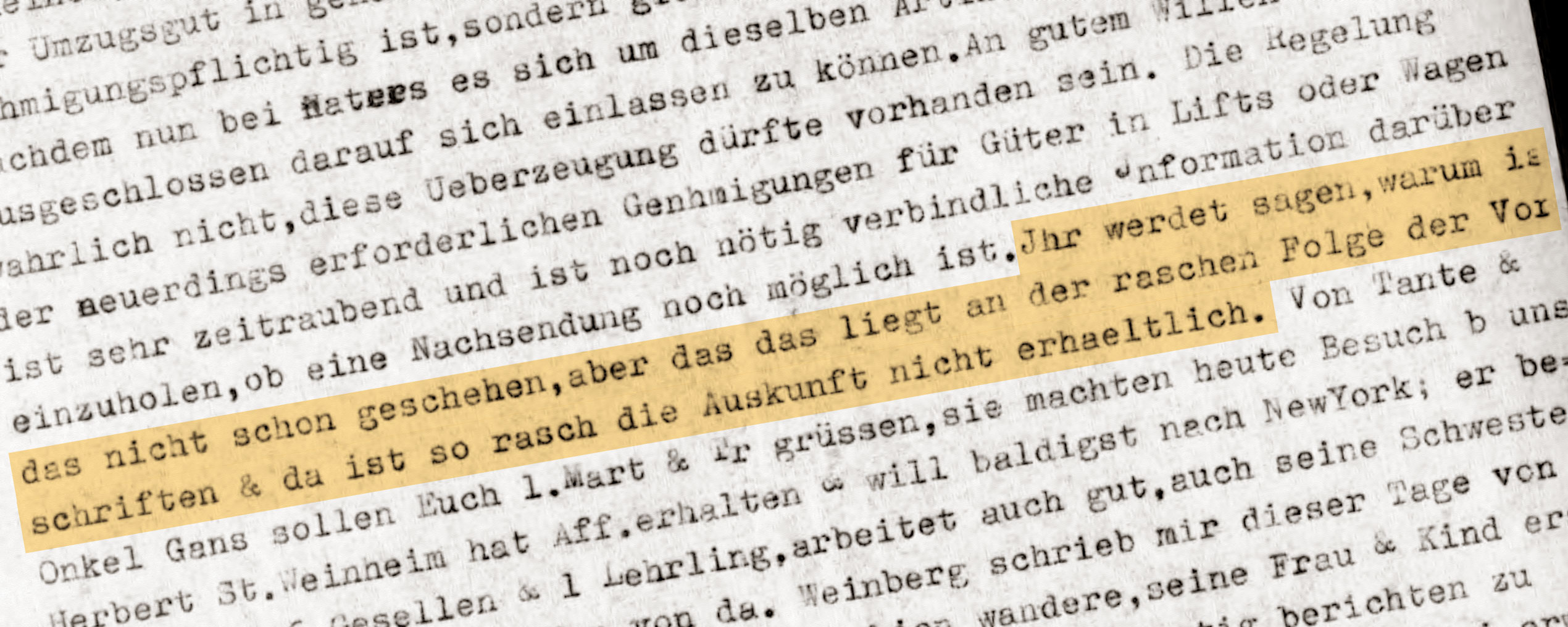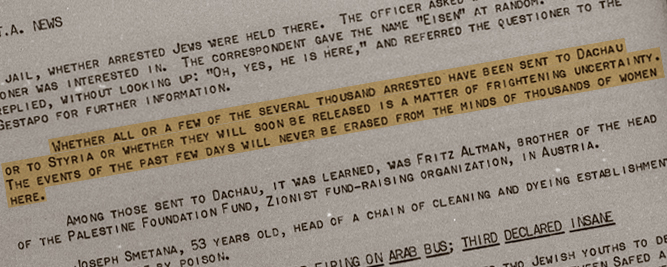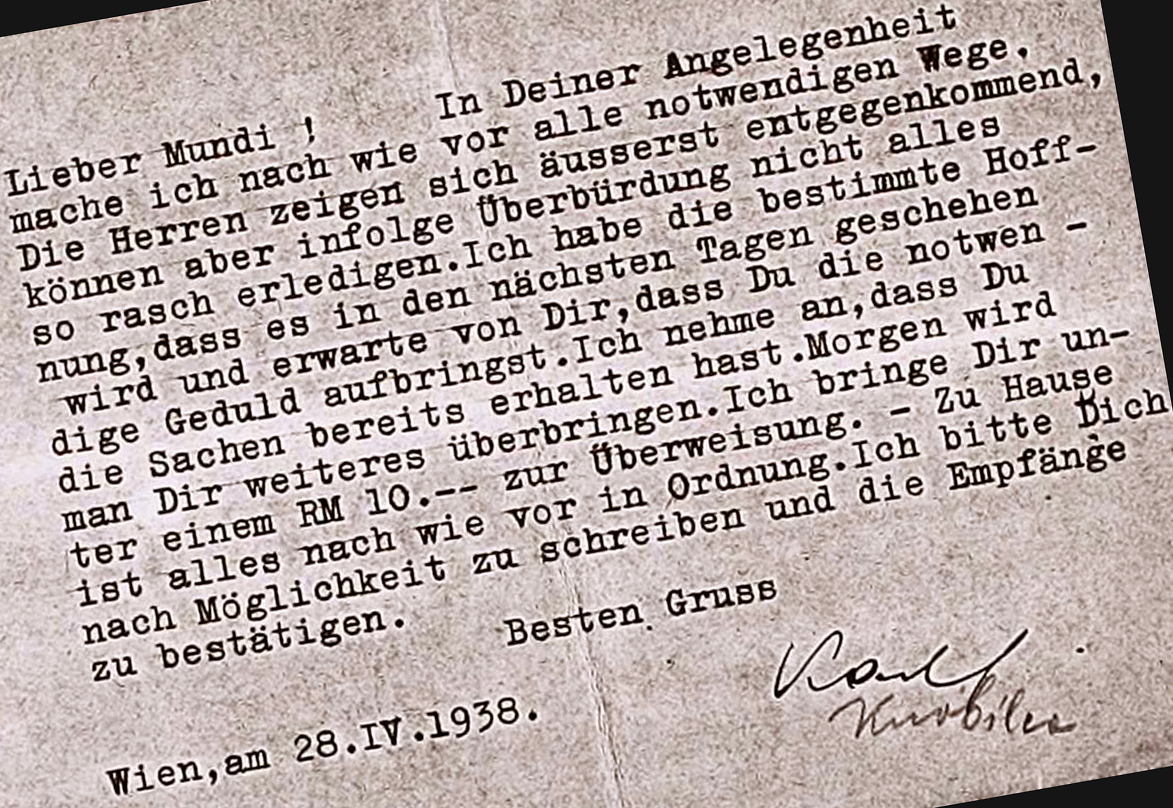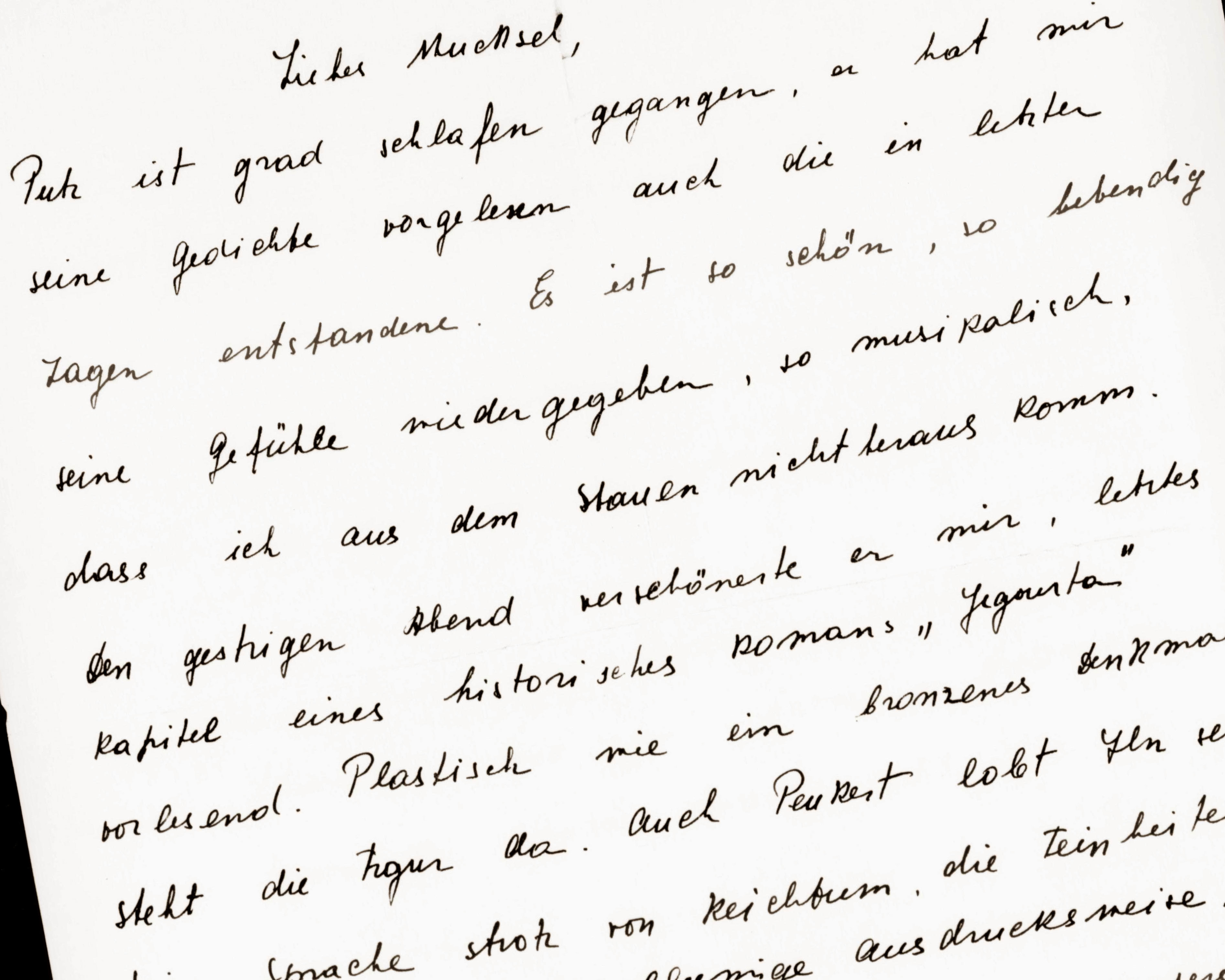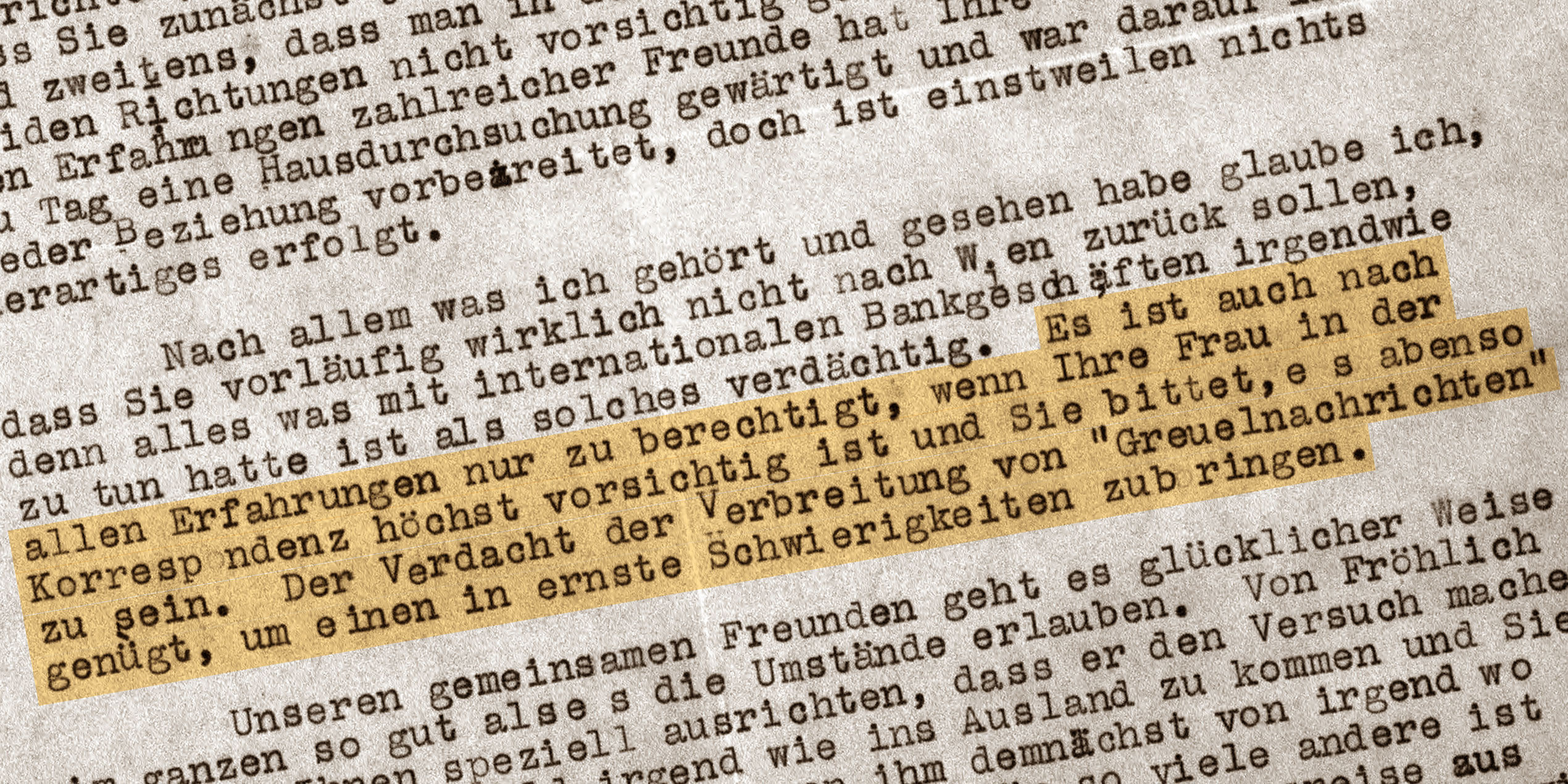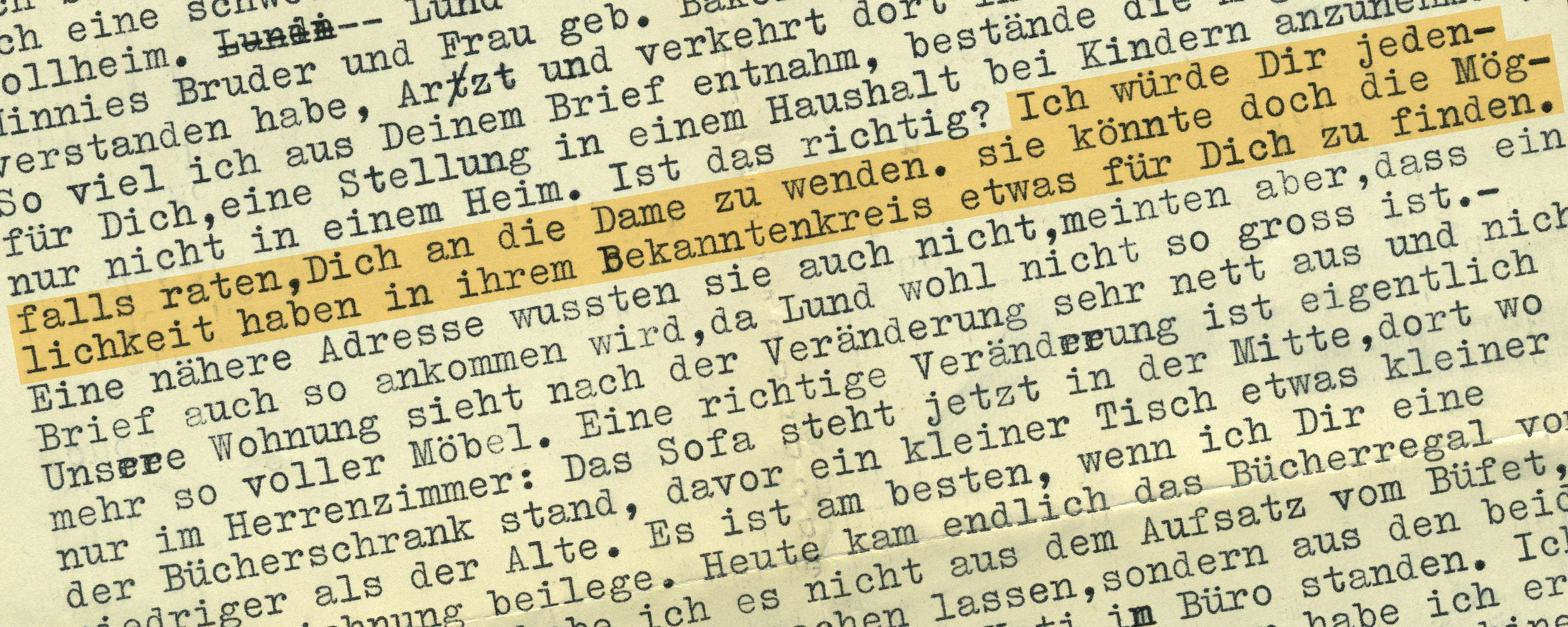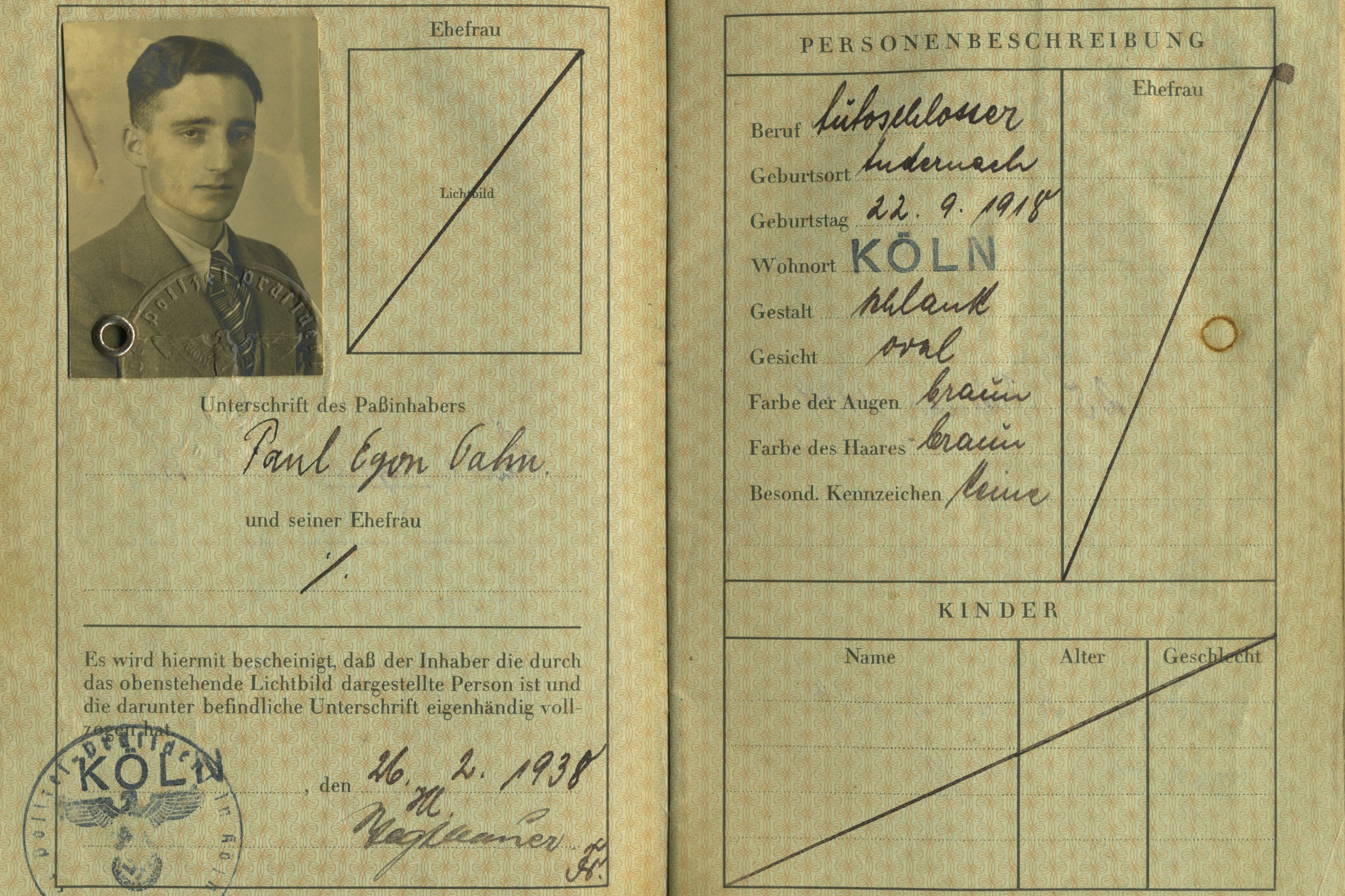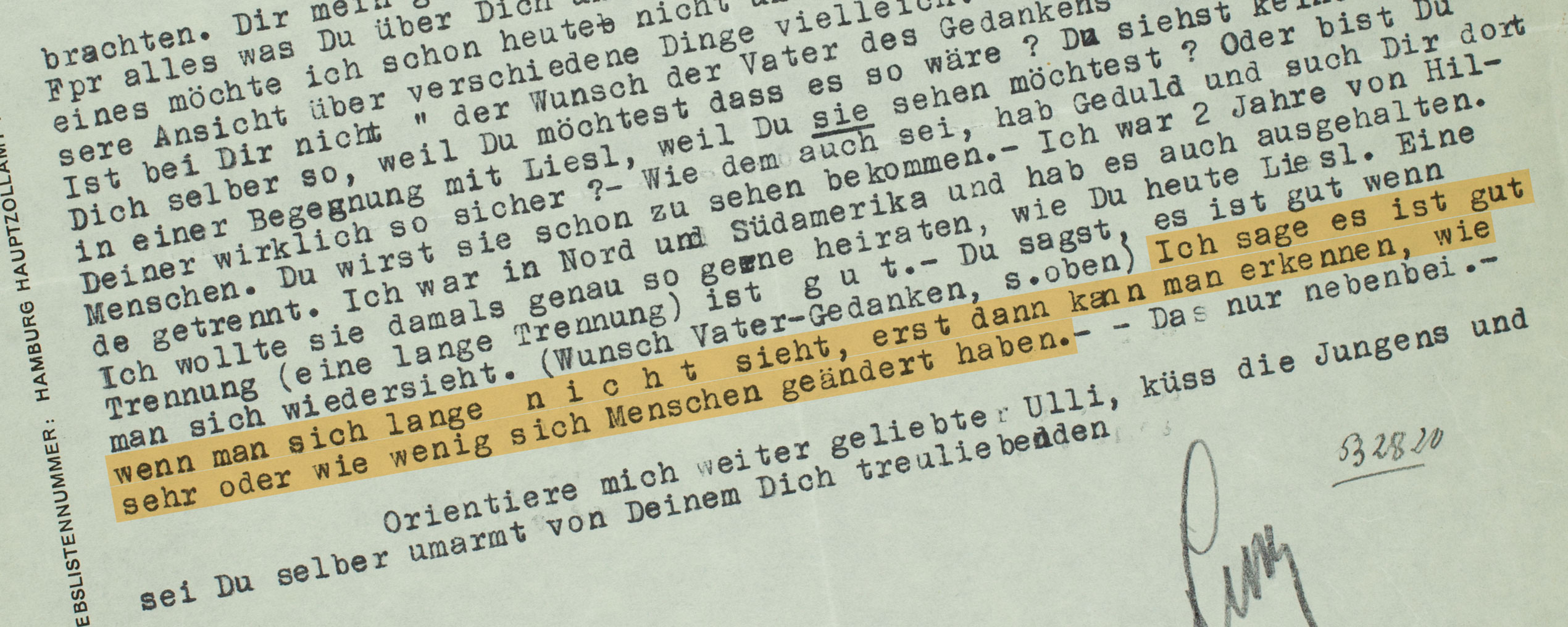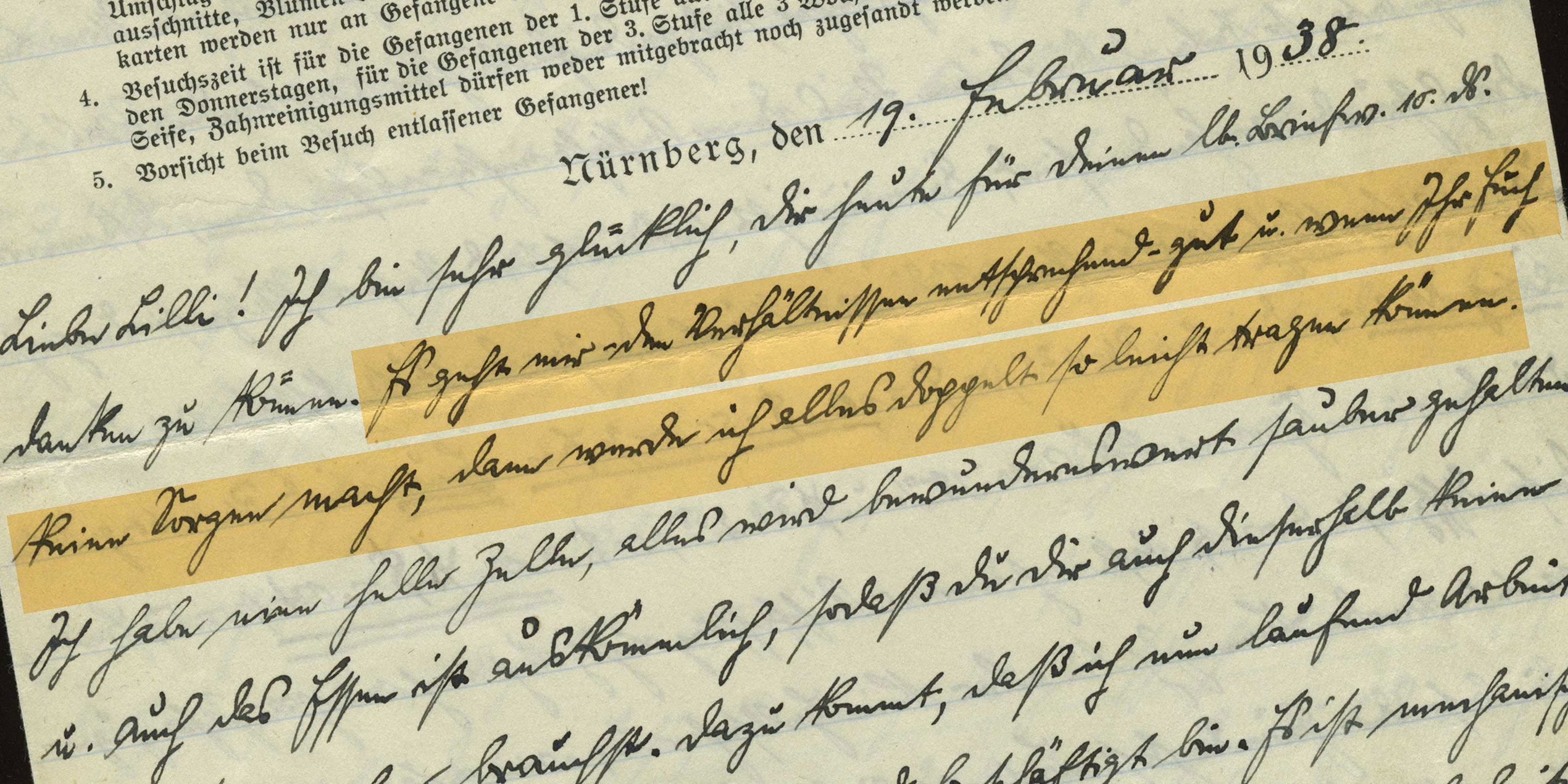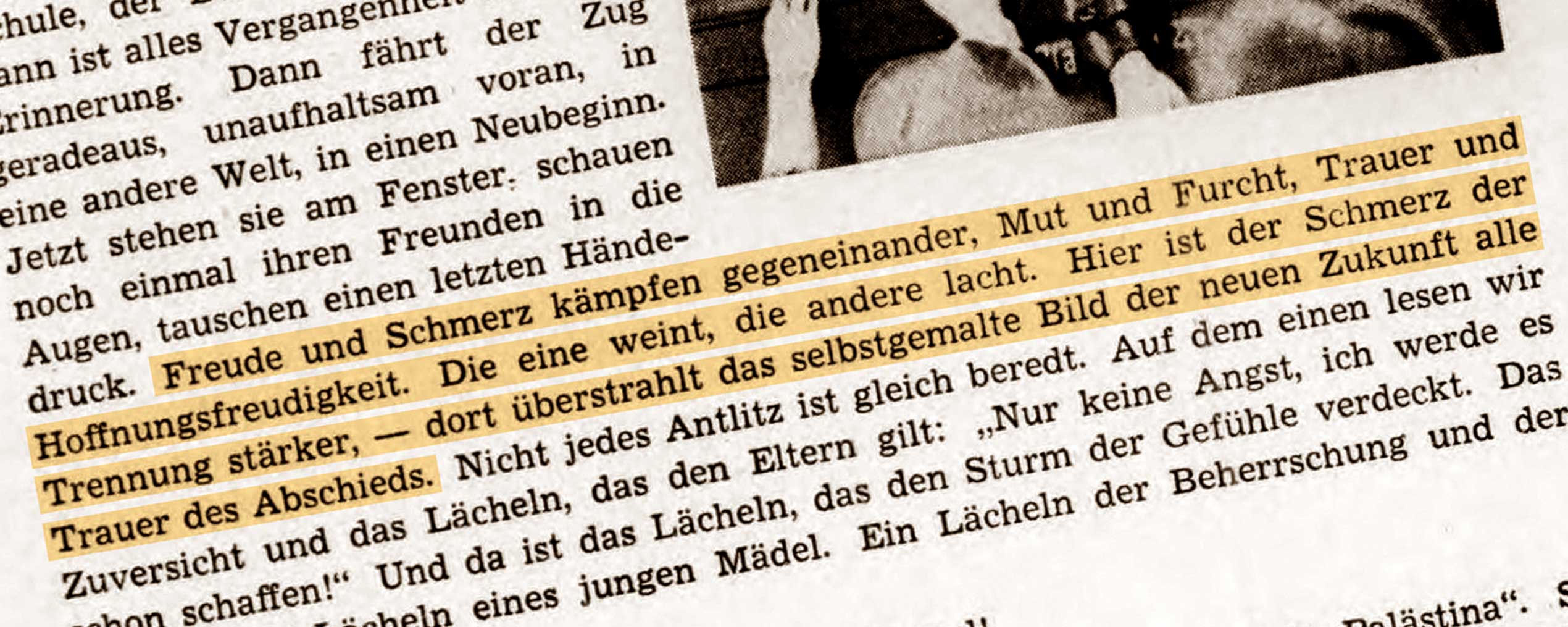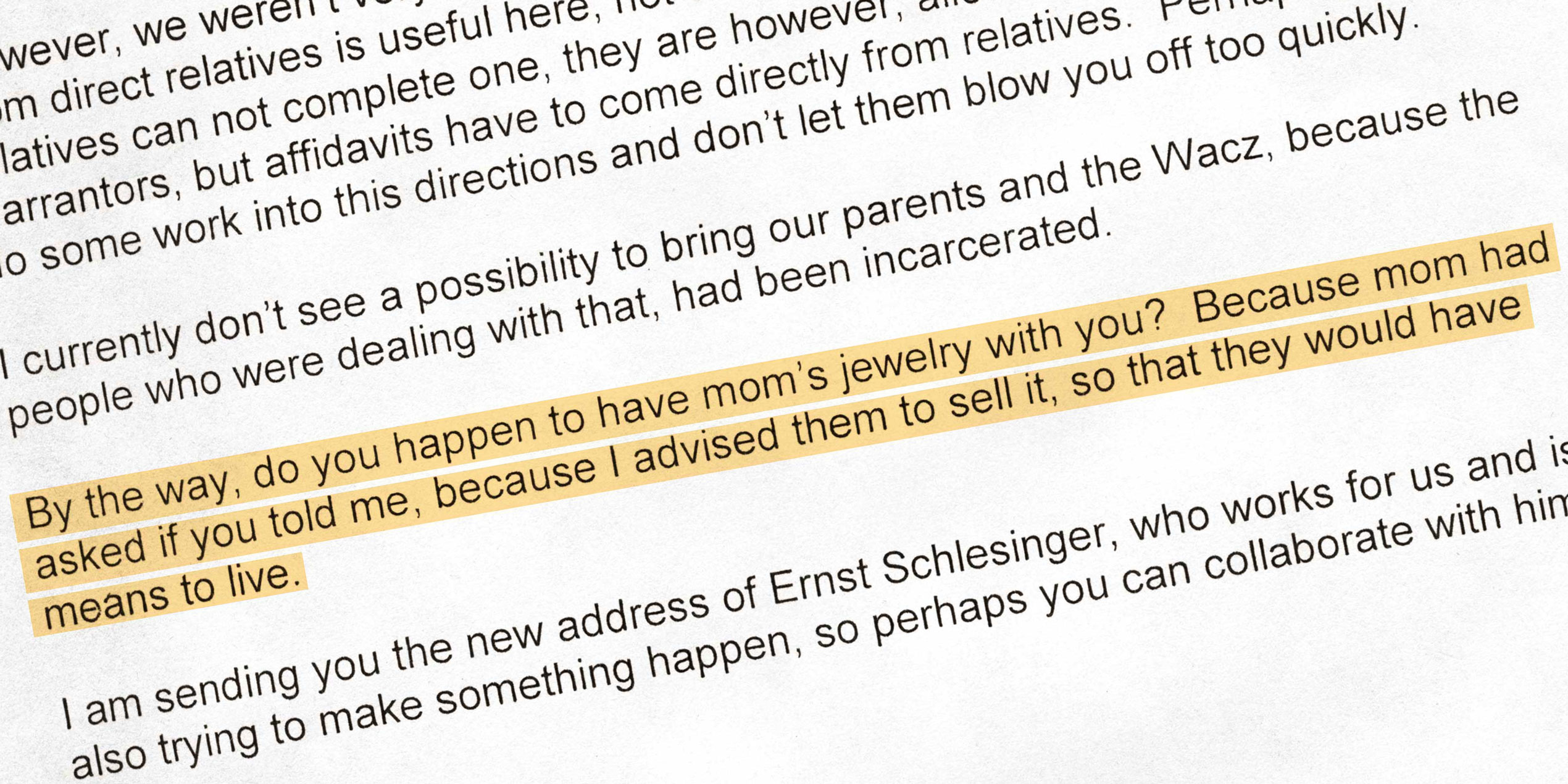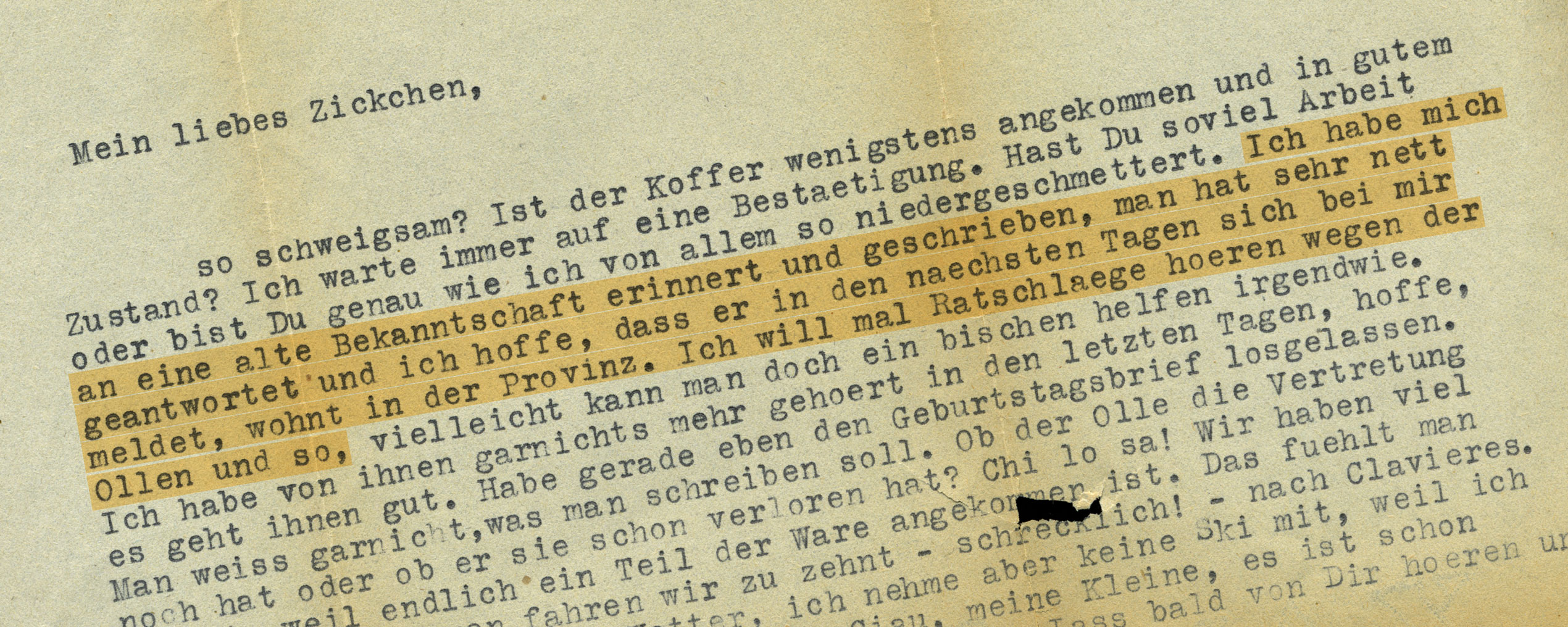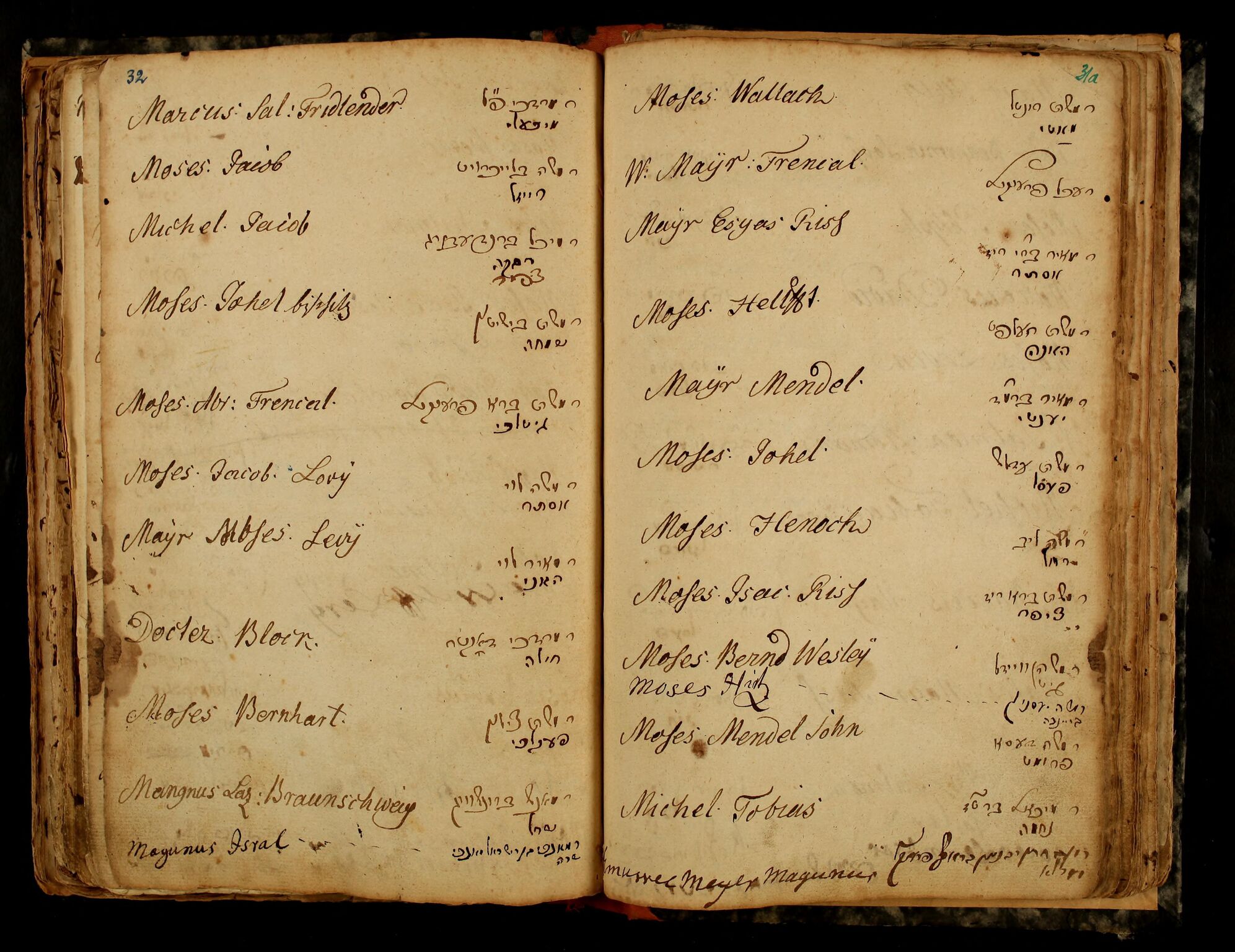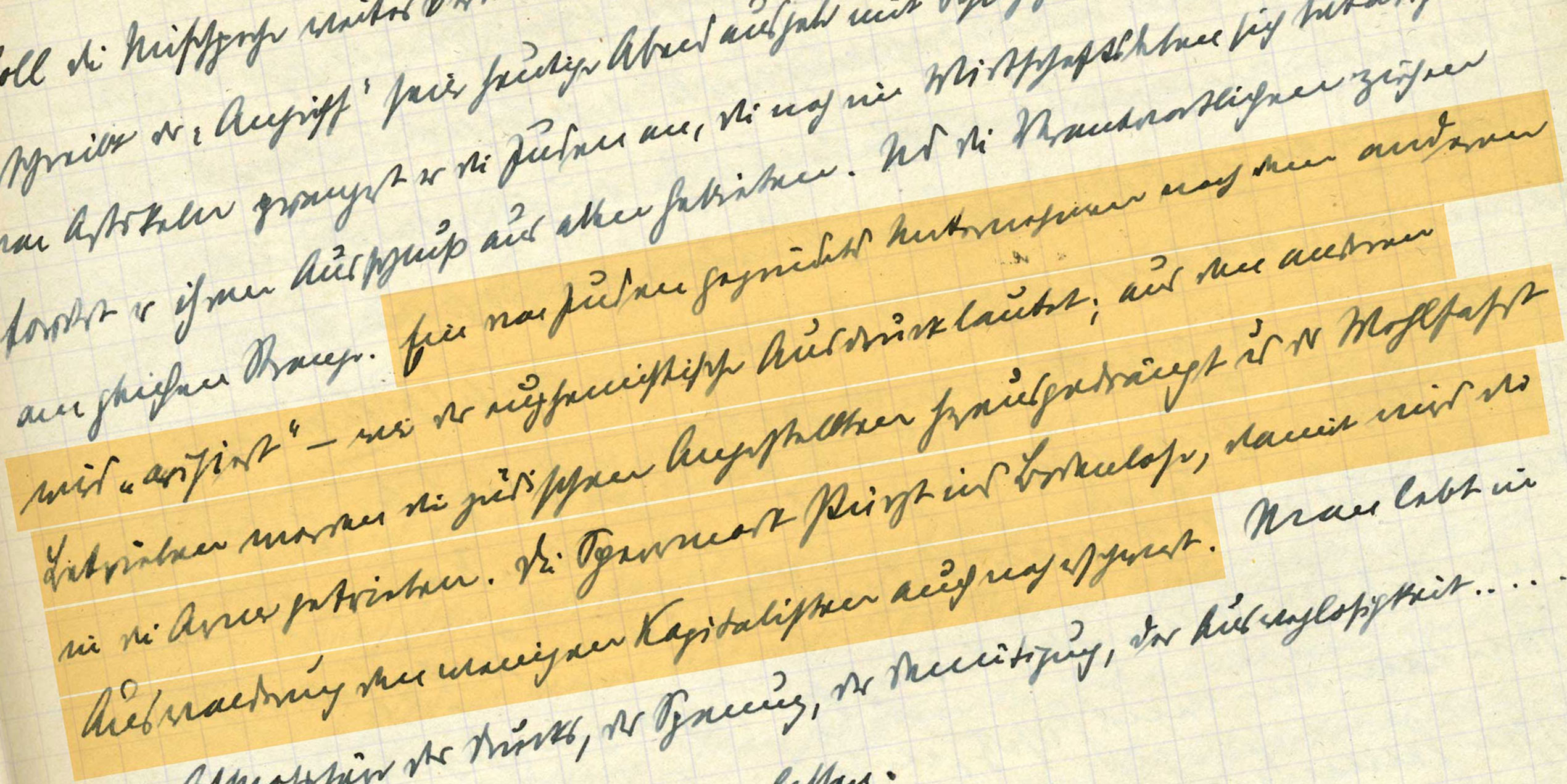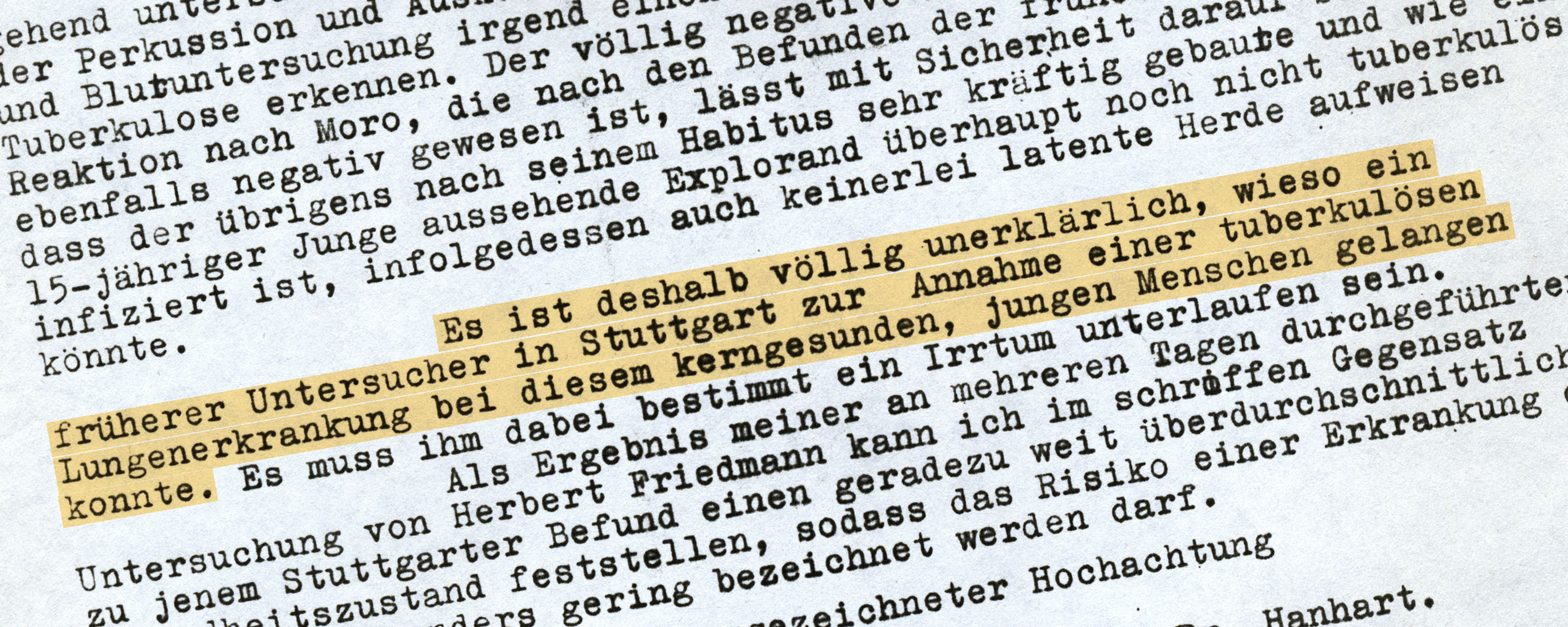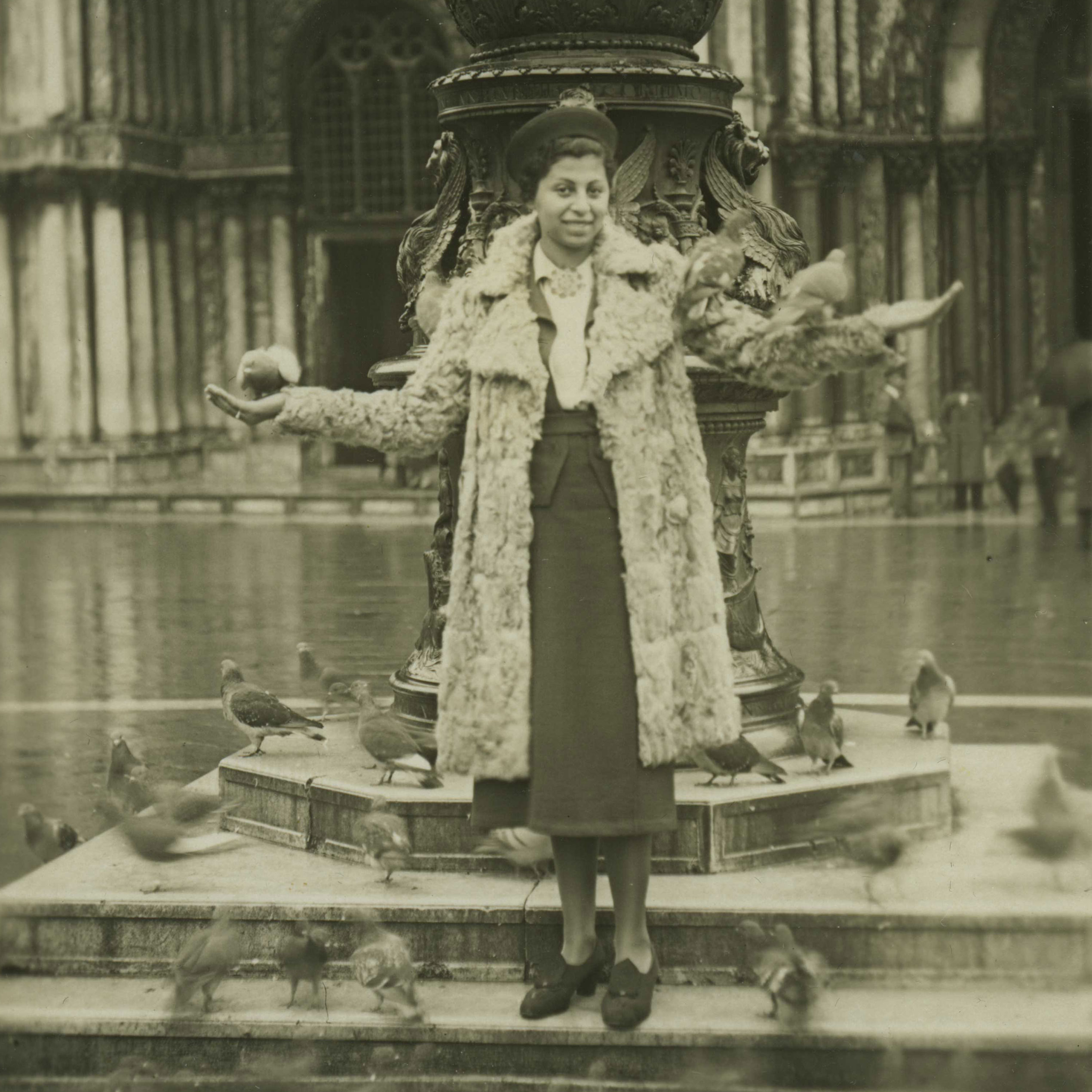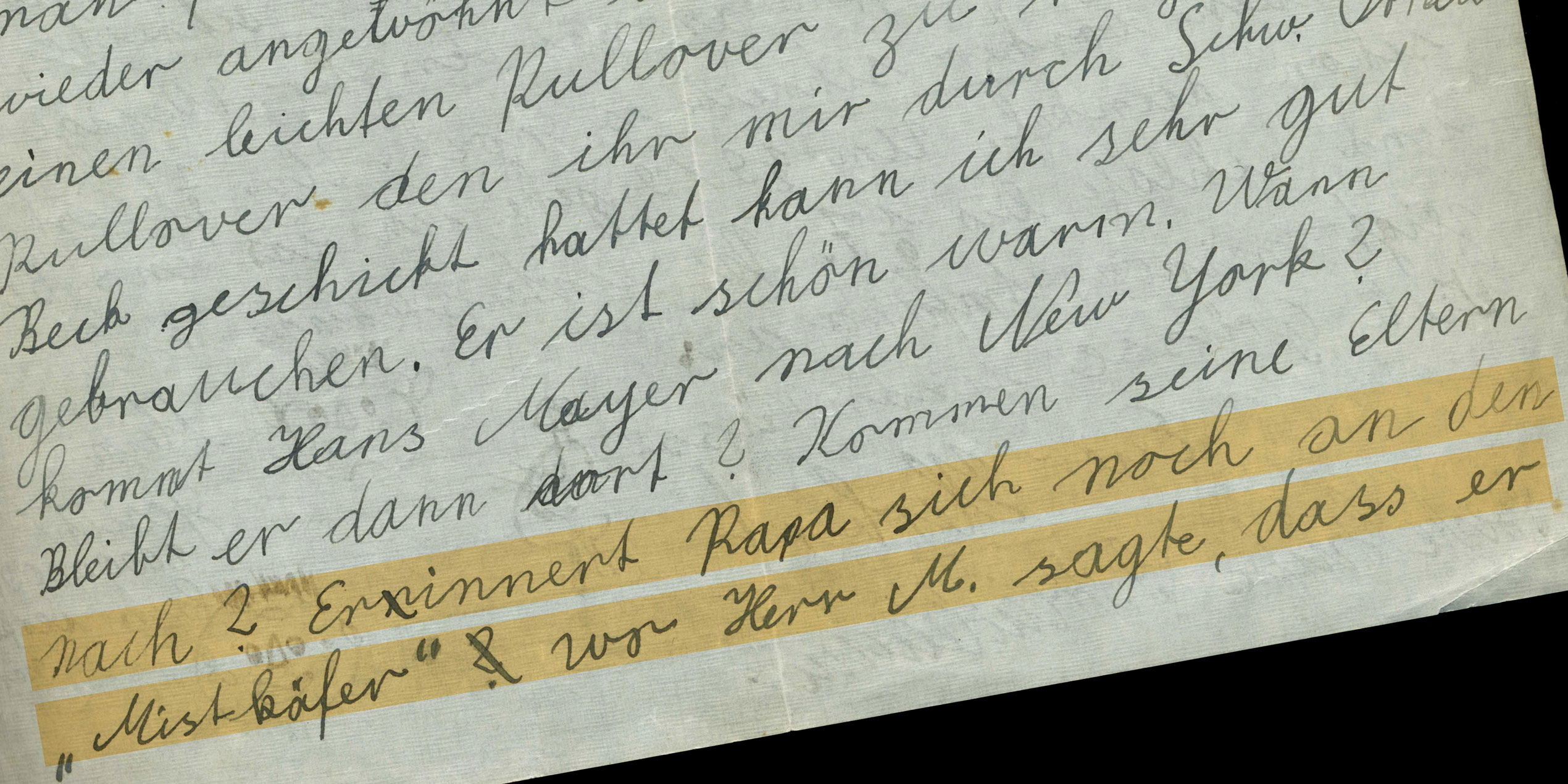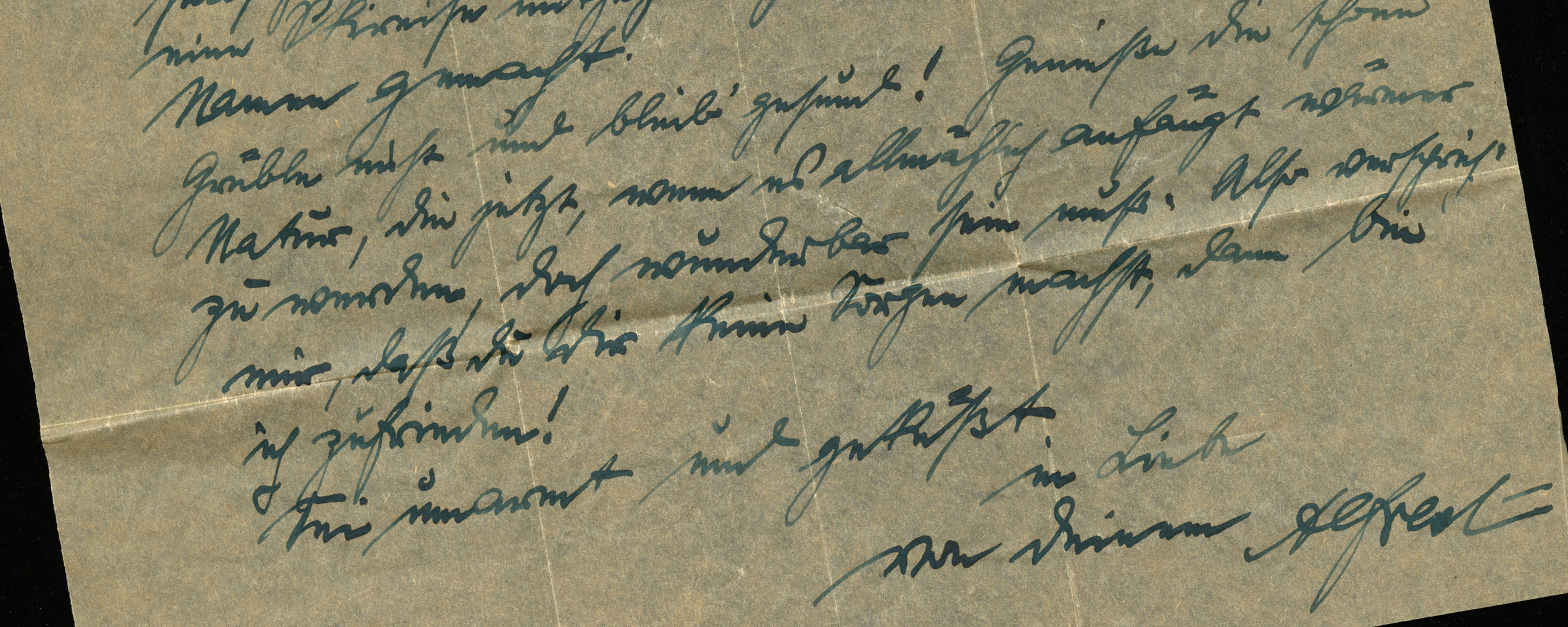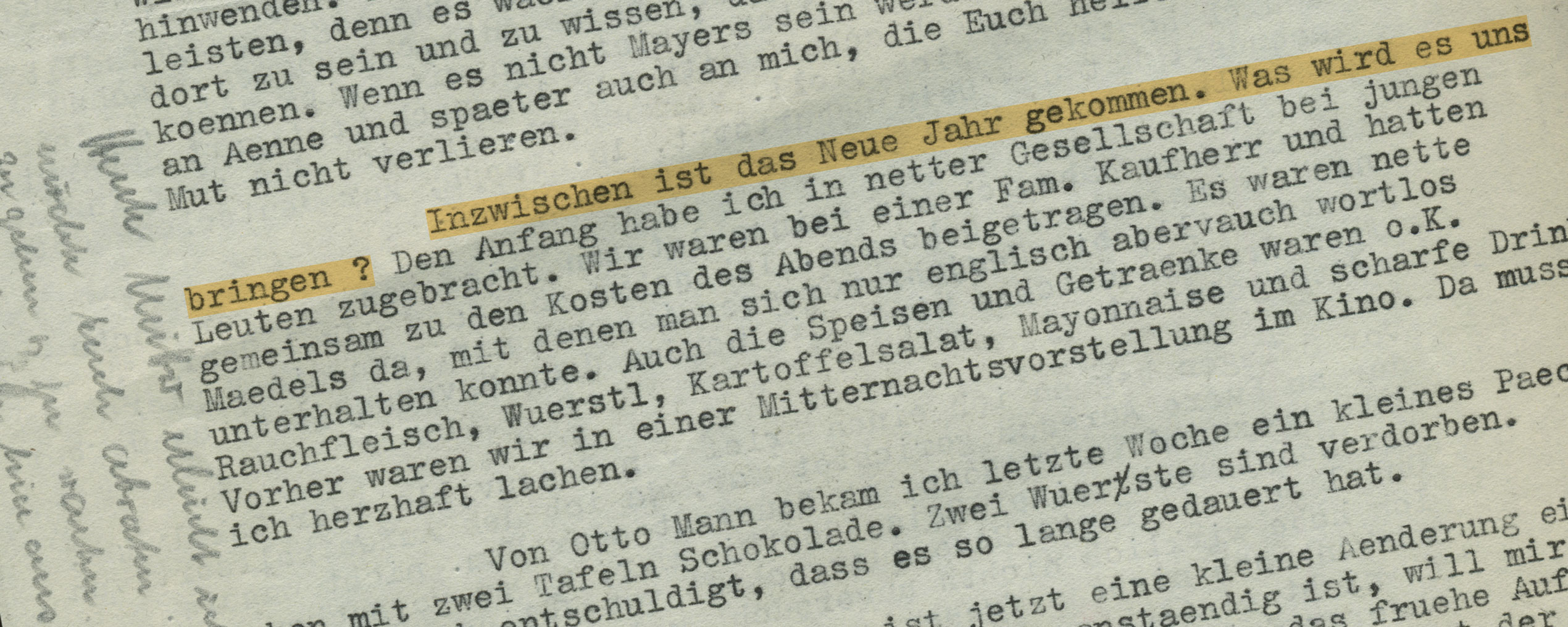Escape plan with a detour
A travel agency helps Ursula Meseritz with her travel planning to the USA
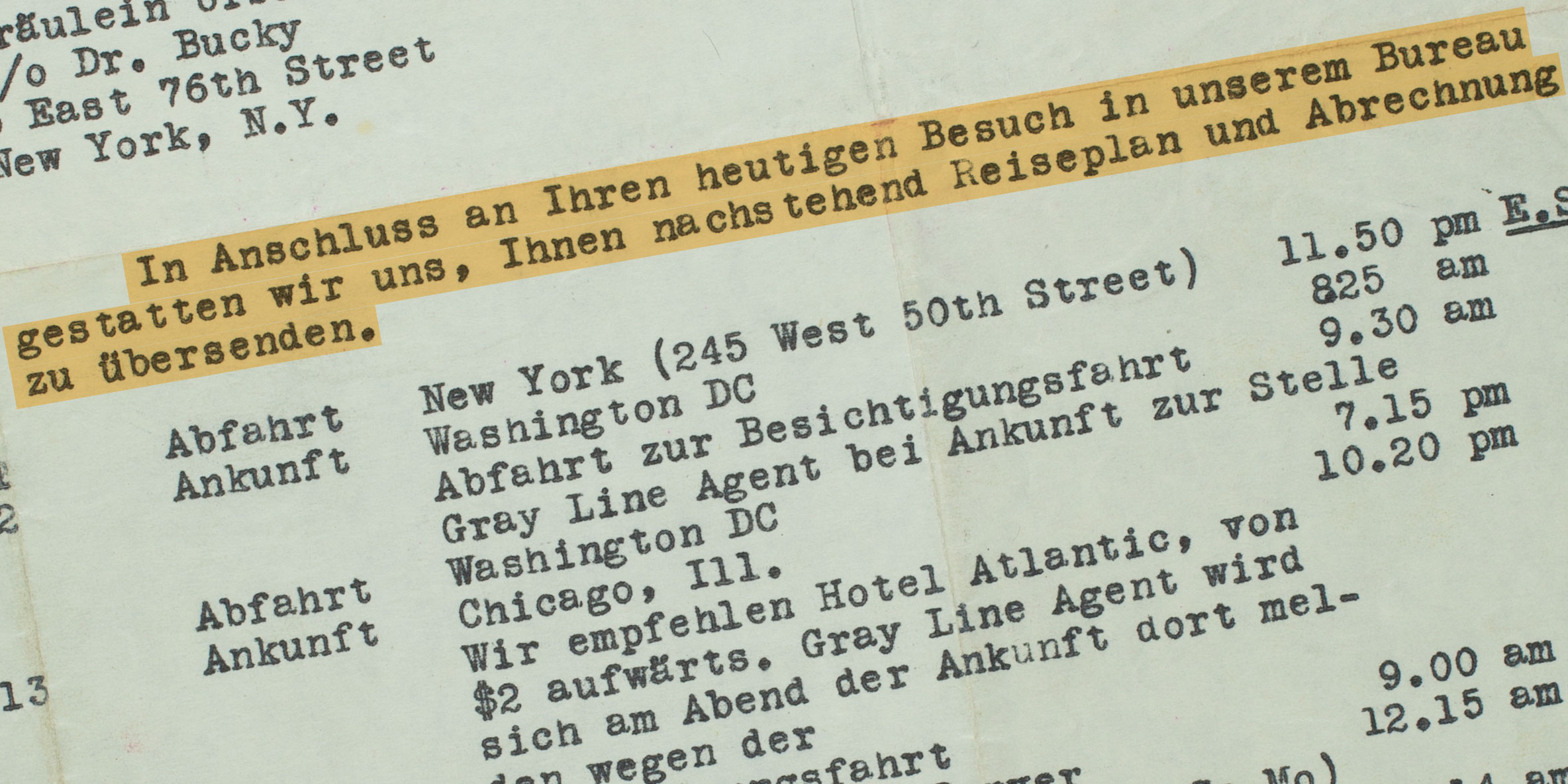
“Following up on your visit to our office today, we are sending you the itinerary and the bill.”
NEW YORK
As the only member of her family, 18-year-old Ursula Meseritz left Germany in July and embarked from Le Havre to New York aboard the R.N.S. “Britannic.” Adolf Floersheim, a former neighbor and a resident of the U.S. since 1937, provided an affidavit for the young woman. Her parents, Olga and Fritz Meseritz, who had arranged for her emigration, remained in Hamburg. A travel agency, Plaut Travels, on Madison Avenue in New York, apparently run by German-Jewish immigrants, prepared the itinerary for Ursula’s next journey to the West Coast, with a leisurely detour to the capital, and sent it to her on August 8th.
SOURCE
Institution:
Leo Baeck Institute – New York | Berlin 
Collection:
Ursula Meseritz Elgart Family Collection, AR 25544 
Original:
Box 1, folder 14








































